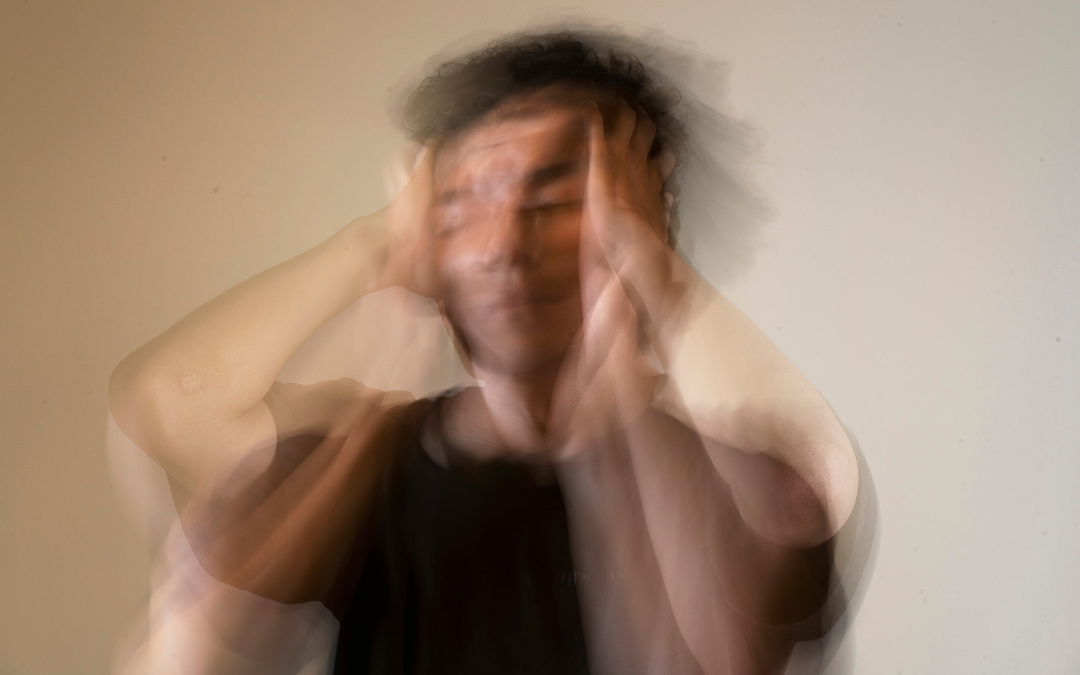Anxiety is one of the most common reasons that people seek treatment using medical marijuana. However it is also the most common problem that can be made worse by cannabis. The critical dividing line between getting benefit for anxiety from medical cannabis and getting worse when using medical cannabis comes down to both dose and the timing of that dose.
You can imagine a very unfortunate scenario in which somebody starts using cannabis to treat their anxiety, but gets bad advice on how to do so which leads to their using cannabis excessively which leads to more anxiety. Needless to say, then they use more cannabis which leads to more anxiety and now we have a vicious cycle. This is exactly what we need to avoid.
The key, then, is to avoid the pitfalls that are so commonly seen and repeated in the cannabis using community. This means careful attention, again, to dose and timing.
The Effect of Cannabis on Anxiety
Cannabis works by interacting with our internal signalizing system called the Endocannabinoid System. This system is responsible for a wide range of processes including mood, sleep, pain, memory and others. It interacts with other important systems like the serotonin, dopamine, glutamate, and opioid signaling pathways.
Using cannabinoids judiciously can strengthen the functioning of these systems, but improper use can undermine the balance between all these important functions and create a downward spiral.
Long-term Studies
Most of the science about cannabis for anxiety is deeply flawed. This is largely due to the legalities impeding proper study which has led to studies that do not appropriately account for dose and timing. In sorting through the vast number of these studies, it’s critical to evaluate the methodology to see if there is any attention to these important factors.
Naturalistic studies have demonstrated that excessive use of cannabis can lead to decreases in school/work performance. Day time use of cannabis has been implicated in this dysfunction as well. Similar research has demonstrated that excessive use can worsen both anxiety and depression, leading to that vicious cycle mentioned above.
More recent studies have shown two interesting phenomena: lower doses are more effective and do not seem to provoke worsening anxiety, and that dosing around bedtime avoids day time use and provides benefit throughout the next day. The meaning of these observations is that low-doses can be helpful, and less likely harmful, and that the effect of cannabis on anxiety isn’t directly tied to being intoxicated (being stoned). In fact, the intoxication can be fully viewed as a side-effect to be best slept off overnight.
Comparison to Conventional Medications
It’s also clear that the benefit of cannabis for anxiety and depression is fairly weak. It is perhaps similar to a starting dose of an SSRI. Some people do get the benefit they need at those starting doses of conventional medication, and so low-dose cannabis may be an alternative for them. However, most people will need more of that conventional medication and for them cannabis is not a good substitute.
Importantly, this is not an either/or situation. Cannabis can be used safely and effectively as an adjunct to conventional medications providing both some additional effectiveness for the treatment of the anxiety, and also helping to undo some of the negatives that come along with conventional anxiety medications (like ennui, and various sexual side effects).
Seeking Help
As we’ve discussed, the dose and timing of that dose is critical to safe and effective treatment of anxiety. Furthermore, we’ve noted that for anxiety and depression, more than for other conditions, the approaches to treatment being discussed among lay-people are incorrect and likely to create that vicious cycle of ever-increasing anxiety. To avoid those pitfalls, dose and timing are the crucial elements, as is getting proper medical guidance and follow-up.
Your healthcare shouldn’t be a DIY project like painting the spare bedroom or washing your car. The consequences of getting it wrong are far worse and long-term. Please seek real medical care.
Consult with a Qualified Massachusetts Medical Marijuana Expert Today
Those considering using THC, CBD, or any type of medicine found in cannabis to help manage their condition should consider speaking to a trained medical expert who is knowledgeable about using cannabis therapeutically.
Massachusetts medical marijuana doctor Jordan Tishler, M.D. sits on the faculty of Harvard Medical School and has years of experience helping patients treat pain and other ailments using cannabis. He and the team at InhaleMD stand ready to assist patients in determining whether medical marijuana is right for them.
For more information, or to set up a virtual consultation with the team at InhaleMD, call us at (617) 477-8886 today.

